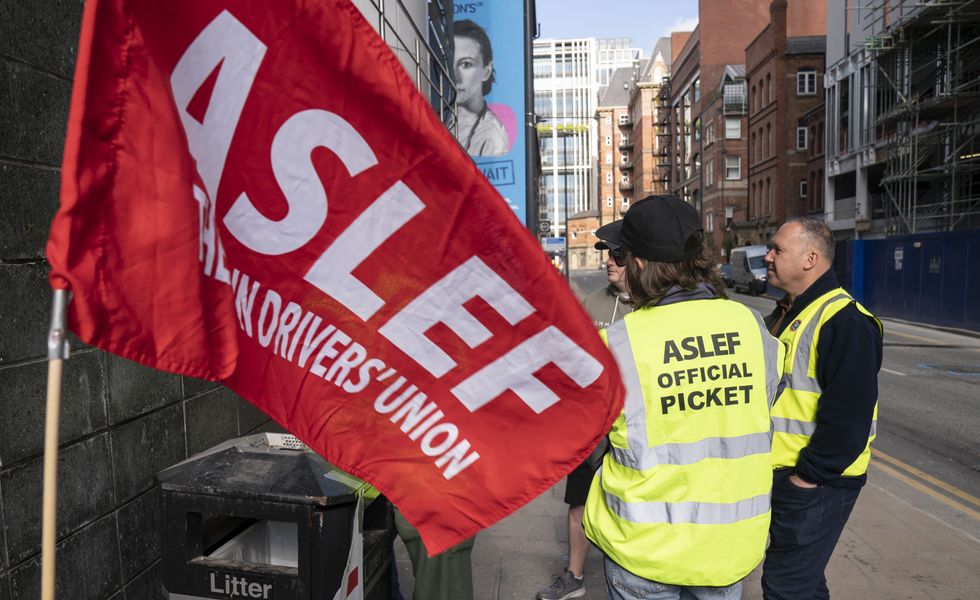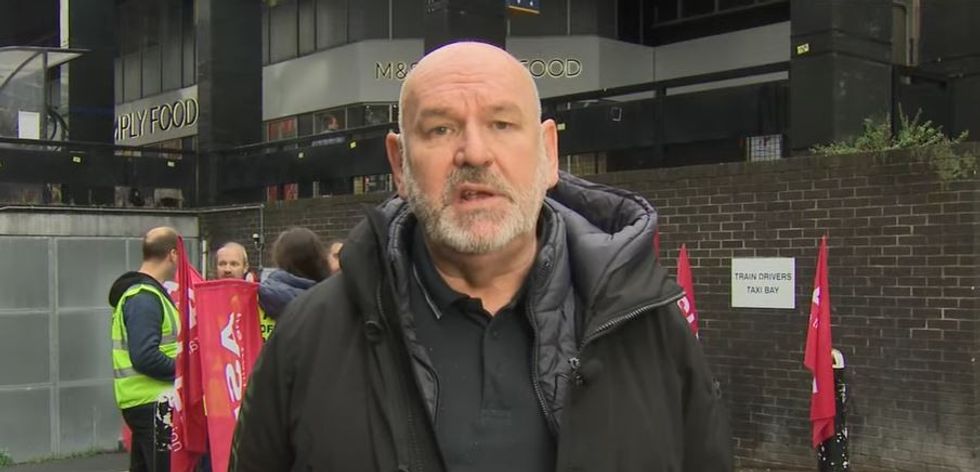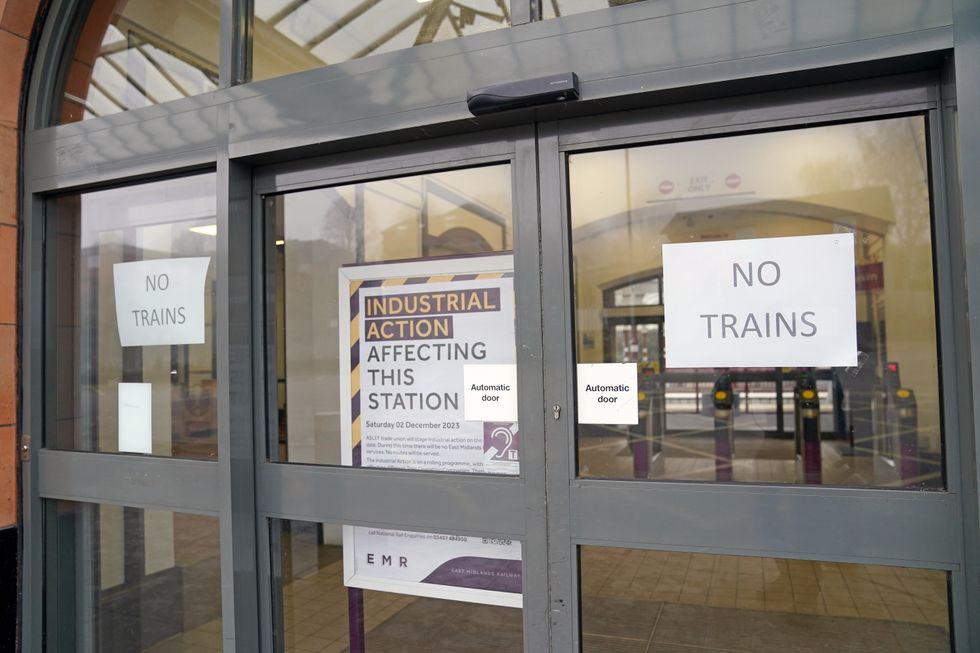Train drivers to go on strike AGAIN as fresh walk out confirmed
PA
The strikes will take place between January 30 and February 5
Don't Miss
Most Read
Trending on GB News
A new series of strikes for train drivers has been announced by Aslef today.
The union confirmed that the walk out will take place between Tuesday January 30 and Monday February 5, affecting a different operator each day.
The Aslef drivers - who account for 96 per cent of train drivers in England, Scotland and Wales - will also refuse to work overtime from January 30 for nine days.
Aslef is in the middle of a long-running pay dispute with 16 different train companies, calling for better pay and working conditions.

Aslef first began striking in July 2022
PAThe series of one-day strikes is designed to "pile pressure" on those at loggerheads with the union.
The first disruption took place in July 2022 during a one-day walkout.
The announced dates and affected operators are as follows:
- Tuesday January 30: Southeastern, Southern, Gatwick Express, Great Northern, Thameslink, South Western Railway and SWR Island Line
- Wednesday January 31: Northern Trains, Transpennine Express
- Friday February 2: Greater Anglia, C2C, LNER
- Saturday February 4: West Midlands Trains, Avanti West Coast, East Midlands Railway
- Monday February 6: Great Western, CrossCountry, Chiltern

Aslef chief Mick Whelan said that the Department of Transport "do not want to resolve this issue"
PA
The series of one-day strikes is designed to "pile pressure" on those at loggerheads with the union
PA
Aslef general secretary Mick Whelan said: “We have given the government every opportunity to come to the table but it is now a year since we had any contact from the Department for Transport. It’s clear they do not want to resolve this dispute.
“Many members have now not had a single penny increase in pay for half a decade, during which time inflation has soared and, with it, the cost of living.
“We didn’t ask for an increase during the pandemic, when we worked through lockdown, as key workers, risking our lives, to move goods around the country and enable NHS and other workers to get to work.”
The walkouts could be the first test of new legislation which requires a minimum level of service during strikes.
For the transport sector, it stands at 40 per cent.








